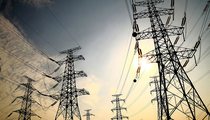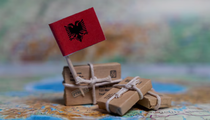Britain, strategy for critical minerals - Seeks to increase domestic production and reduce dependence on China
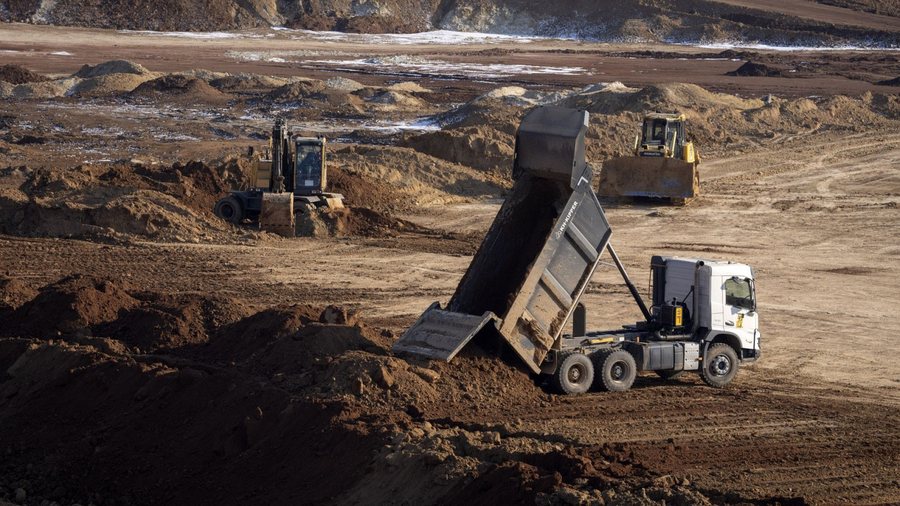
The UK has launched a new national strategy for critical minerals and rare earths in a bid to reduce its dependence on China. Beijing controls global supplies of many essential materials, including magnets used in everything from household appliances to cars. Prime Minister Keir Starmer said the country had been “too dependent on a few foreign suppliers” for too long, exposing its economy and national security to global shocks.
The initiative is accompanied by a £50m fund to boost production at tungsten and lithium mines in Cornwall, home to Europe's largest lithium deposits. The strategy comes after trade tensions between China and the EU over supplies of automotive chips, showing Beijing is willing to use critical materials for political pressure.
The UK and US are trying to reduce their dependence on Beijing, but producing and processing rare earth minerals takes many years and huge investment. Although lithium is widely available in Europe, it must be processed into lithium hydroxide for use in electric car batteries, a process that is time-consuming and capital-intensive. Europe's only lithium hydroxide refinery, in Germany, took five years to build and £150m to build.
Earlier this year, Britain signed a minerals cooperation agreement with Saudi Arabia to strengthen supply chains and attract new investment. Rare earth minerals are essential for smartphones, electric cars and the construction of data centers that power artificial intelligence.
The strategy states that Britain should not source more than 60% of a mineral from a single partner country by 2035. The government aims to increase domestic production and recycling to boost the economy and help lower the cost of living. Currently, the country produces only 6% of its needs for critical minerals. The aim is for London to expand domestic mining and processing, particularly of lithium, nickel, tungsten and rare earths, and to produce at least 50,000 tonnes of lithium by 2035.
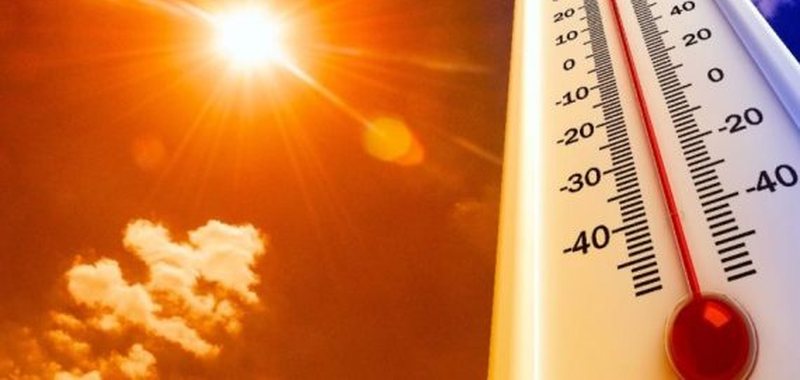
“42 extra days of summer by 2100” - Today's heat patterns in Europe, like 6,000 years ago
European summers are getting longer and hotter. However, there has been “high uncertainty” about why this is happening. New research shows that heat patterns......
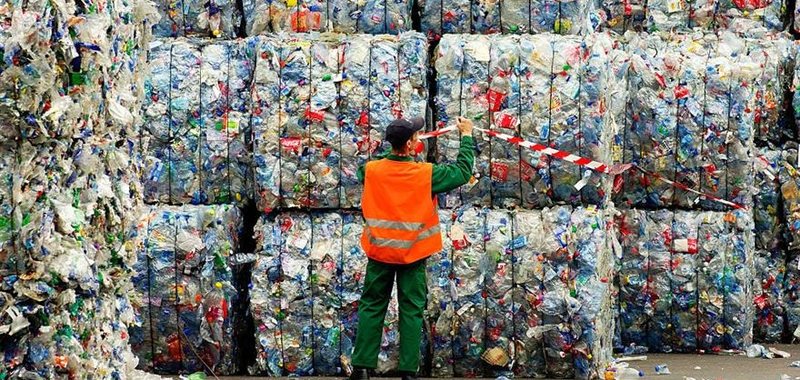
Recycling, Europe slows progress - Which EU countries recycle the most raw materials?
Progress in recycling materials in the European Union has not been remarkable over the past decade. Between 2015 and 2024, the EU recycling rate increased by......
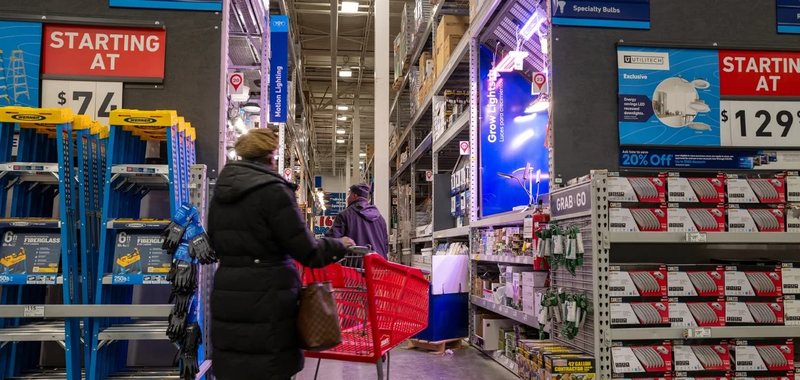
Trump, just like Biden - Americans continue to face high prices
President Donald Trump was elected on a promise to reduce consumer prices, which rose sharply under Joe Biden, but now he faces the same challenge that......
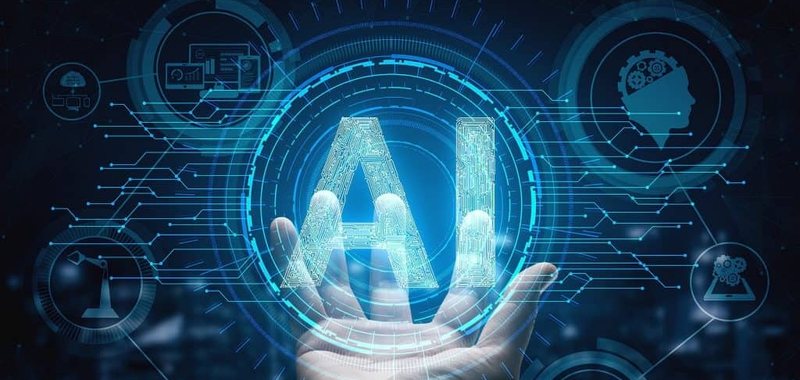
Hybrid work, AI "frees up" one day a week - Study: Technology increases productivity and improves collaboration
In hybrid jobs, where employees split their time between the office and home, artificial intelligence is “freeing up” almost a day a week. This free time can......
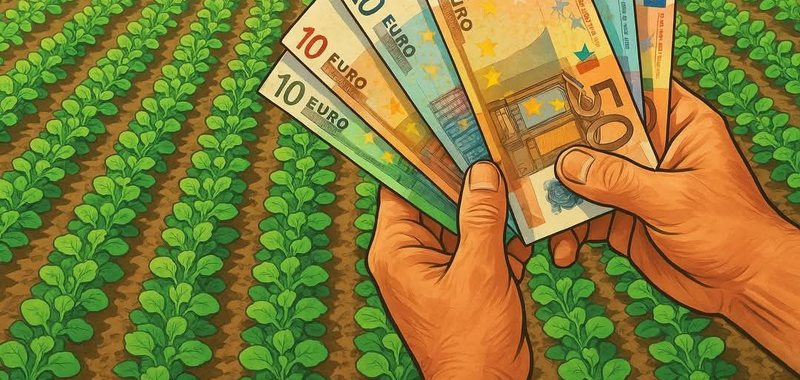
21 million euros are "delivered" to farmers/ 52,589 beneficiaries receive funding from the national subsidy scheme
A total of 52,589 farmers across the country have received funding from the Agricultural and Rural Development Agency, after being declared winners in the......

Situation in areas affected by bad weather/Civil Protection: Appears to be improving, despite rainfall
The National Civil Protection Agency reports that the situation across the country appears to be improving, despite continued rainfall in some areas. Water......
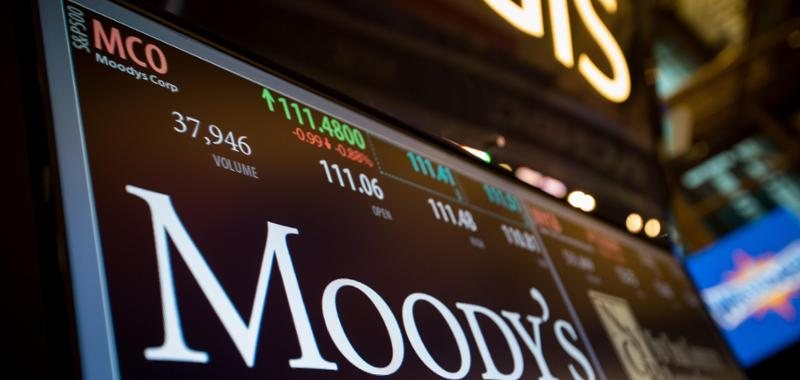
Moody's raises Italy's rating after 23 years/ Reason, political stability and improvement of public finances
Italy has received its first rating upgrade from Moody's since 2002, a major achievement for Prime Minister Giorgia Meloni. The lowest rating among the G7......
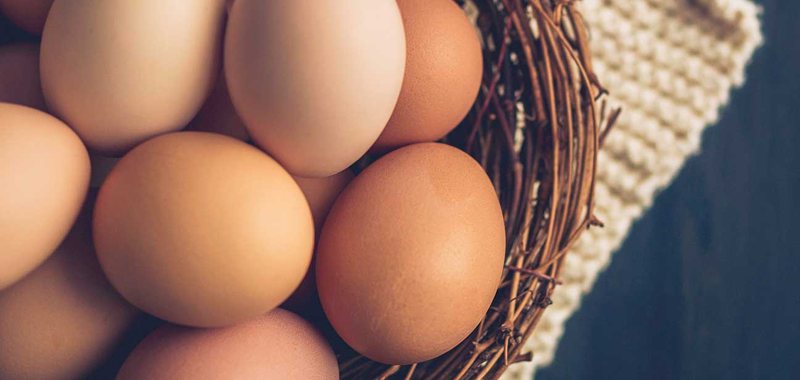
Egg exports to Albania increase prices in Kosovo/ Product value in supermarkets exceeds post-war levels
The price of eggs in Kosovo has surpassed all previous high records. According to official data, never in the post-war years has the price been 6.39 euros......







